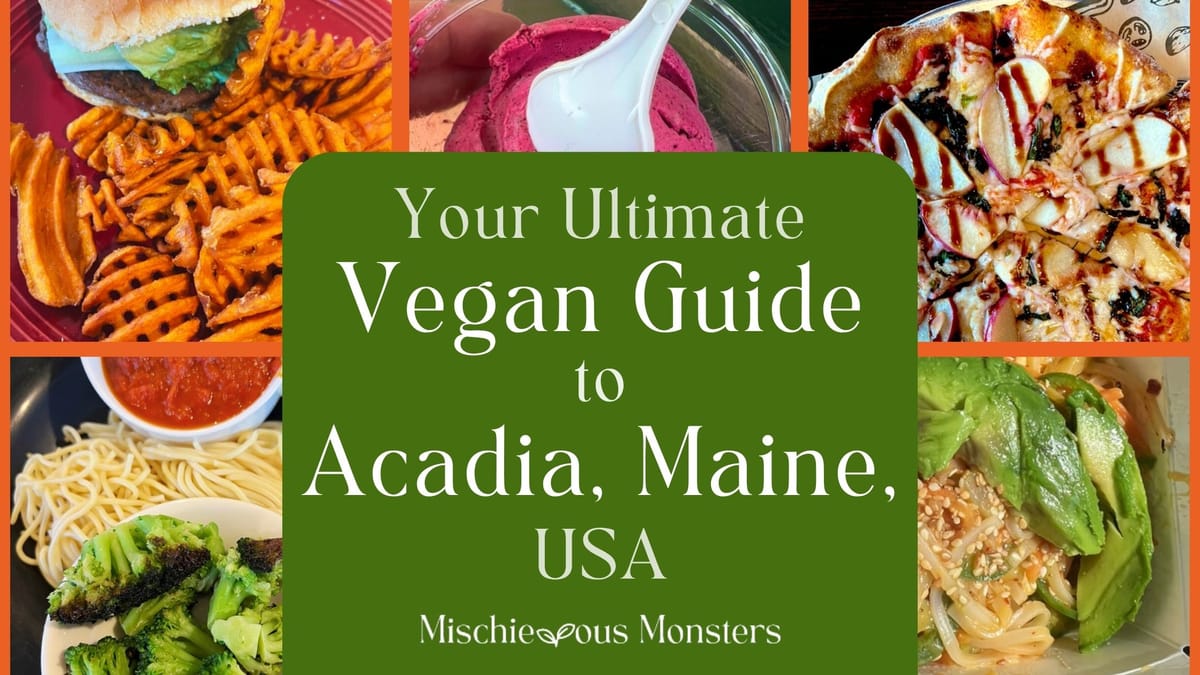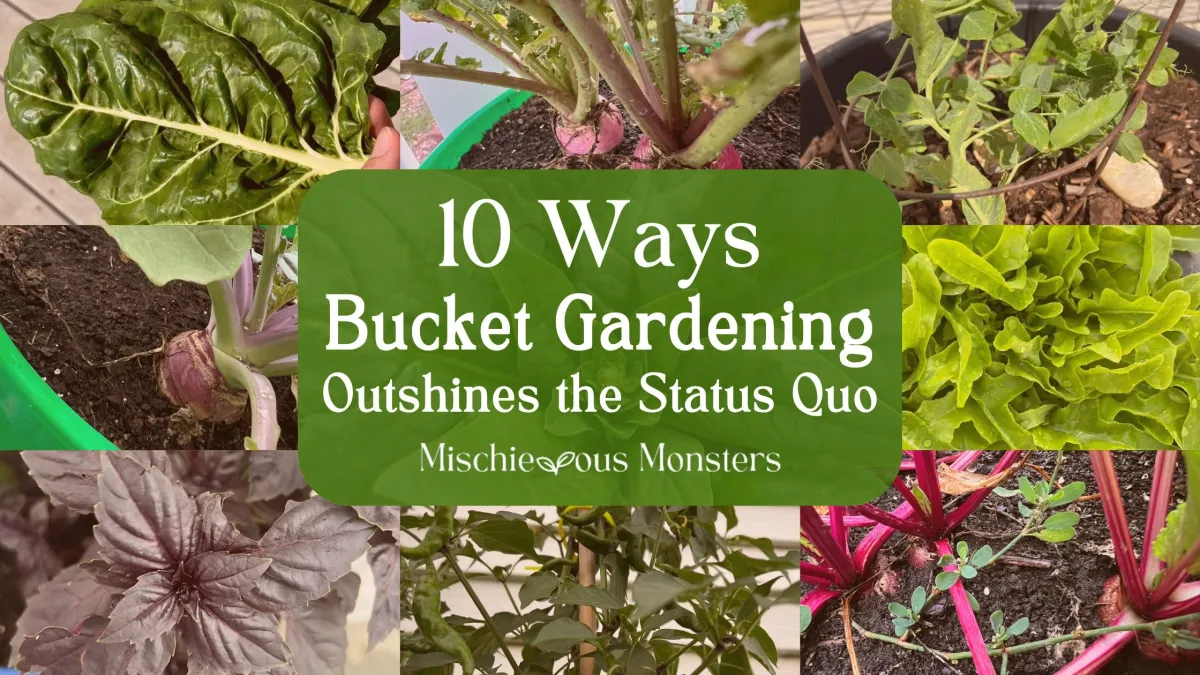
Make Field Trips Fun and Stress-Free for Vegan Kids
Field trips are exciting adventures for kids, but for vegan families, they can bring unique challenges, including packed lunches, snacks, and activities that involve animals.
With a bit of planning, you can make these outings enjoyable, inclusive, and stress-free for everyone. Read on for simple, practical tips to help your vegan kid shine on every field trip.

1. Pack Ahead
One of the easiest ways to ensure a smooth field trip for vegan kids is to pack their snacks and meals the night before.
Preparing in advance reduces morning stress and gives you time to double-check ingredients, portion sizes, and packaging. It also allows your child to have input, letting them choose a favorite snack or lunch item can make the meal more appealing and prevent wasted food.
By packing ahead, you'll avoid the last-minute scramble and ensure your child has everything they need to stay nourished and happy throughout the day.

2. Include Familiar Favorites
Field trips can be exciting but also a little overwhelming for kids, especially when their routine changes. Including foods your child already loves—like their favorite sandwich, fruit, or snack—adds comfort and familiarity to the day.
When surrounded by new sights, sounds, and activities, having a trusted food can make them more likely to eat well and stay energized. Familiar favorites also help avoid the risk of them skipping lunch because the options feel "too different" or unfamiliar.
A well-loved snack and meal can be the little boost that keeps the day fun and stress-free.

3. Use Leakproof Containers
A great field trip lunch isn't just about what you pack. It's also about how you pack it. Leakproof containers keep sandwiches, dips, fruit, snacks, and more fresh while preventing messy spills in your child's bag. They also make it easier for kids to open and close their lunch without help, giving them more independence during the trip.
Choose lightweight, BPA-free, reusable options with secure lids to protect food from being squished and to keep liquids like plant-based yogurt or hummus where they belong. A little extra thought in packaging can save you from lunchtime surprises (and soggy permission slips).

4. Check Ingredients
Even foods that seem vegan at first glance can contain hidden animal-derived ingredients, so it's always worth double-checking labels before packing for a field trip. Many snacks, baked goods, and even savory items sneak in animal products that aren't obvious from the name.
Here are a few common examples to watch out for:
- Gelatin: Found in gummy candies, marshmallows, and fruit snacks.
- Honey: Often added to granola bars, crackers, cereals, and flavored teas.
- Dairy Derivatives: Such as whey, casein, lactose, or milk powder, which can show up in bread, chips, crackers, and even "non-dairy" creamers.
- Egg Products: Listed as albumen, egg solids, or lecithin (if not plant-based) in baked goods and snacks.
- Fish-Based Additives: Like anchovy paste in sauces or fish gelatin in some candies.
Checking labels ensures your child's lunch aligns with your family's values and avoids any awkward moments of having to swap or discard food mid-trip. When in doubt, choose trusted vegan brands or make snacks from scratch for total peace of mind.

5. Notify Teachers in Advance
Before the big day, take a moment to let your child's teacher know that your child follows a vegan diet and outline any important dietary details. This helps avoid surprises during meal or snack time and ensures your child isn't accidentally offered non-vegan foods.
It's also a good idea to briefly explain what "vegan" means in case the teacher isn't entirely familiar with that concept.
- In short, a vegan diet exclude all animal products—meat, poultry, fish, dairy, eggs, and honey—as well as foods containing animal-derived ingredients like gelatin or whey.
- Some parents also extend vegan values to avoiding activities that involve animals, such as petting zoos or fishing demonstrations.
Clear communication gives the teacher time to plan inclusive options and, if needed, adjust itineraries or snack plans. It also signals that you're happy to collaborate, which makes the process smoother for everyone.
Pro Tip
A quick email with your child's dietary needs, safe snack examples, and your contact information can make a big difference in keeping your child comfortable and included on the trip.
Sample Email
Subject: [Child's Name]: Dietary Information for Upcoming Field Trip
Hello [Teacher's Name],
I wanted to let you know that [Child's Name] follows a vegan diet. This means they do not eat any animal products, including meat, poultry, fish, dairy, eggs, honey, gelatin, or foods made with animal-derived ingredients like whey or casein.
For your reference, here are some of their favorite snacks:
- Fresh fruit (apples, grapes, and bananas)
- Vegetable sticks with hummus
- Abe's Muffins
- MadeGood granola bars
- Blake's Crispy Treats
- BEAR Fruit Splits
If any special activities or snacks are planned during the trip, please let me know so I can prepare something similar for [Child's Name] to enjoy along with the group.
If you have any questions or need clarification, you can reach me at [phone number] or [email address].
Thank you so much for your understanding and for helping make the trip enjoyable for everyone.
Best regards,
[Your Name]
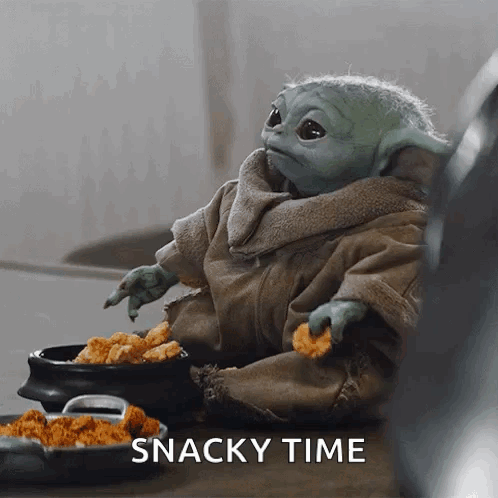
6. Bring Extra Snacks
Field trips rarely run exactly on schedule, and sometimes delays mean kids go longer than expected between meals. Packing extra snacks is a simple way to avoid "hunger emergencies" that can lead to crankiness, fatigue, or headaches.
Choose snacks that are:
- Portable: Easy to carry and eat without utensils (like vegan trail mix or granola bars).
- Non-Perishable: So they stay fresh even if the trip lasts all day (dried fruit, roasted chickpeas, and MadeGood crackers).
- Nutrient-Dense: Provide lasting energy (nuts, Blake's seed bars, an individually wrapped or Ziplocked Abe's Muffin).
Keep a few backup items tucked into your child's backpack or lunch bag—preferably something they really enjoy—to give them a boost if activities run long, lunch is delayed, or they simply need a little extra fuel for all that exploring. It's a small step that can make a big difference in keeping their day fun and fuss-free.

7. Think Portable
When kids are on field trips, they're often eating in less-than-ideal conditions—on buses, picnic benches, or even while walking between activities. That's why portable, easy-to-handle foods are essential.
Choose items that:
- No Utensils: Think whole fruit, wraps, granola bars, or veggie sticks.
- Not Messy: Avoid foods that can drip, spill, or crumble excessively—like saucy pasta, overripe peaches, or crumbly pastries. Instead, opt for items like firm grapes, baby carrots, or sealed snack packs of hummus.
- Bite-Sized: Small pieces make it easier for kids to eat quickly during short breaks. Examples include cut strawberries, cucumber rounds, mini rice cakes, or small sandwich squares.
Great portable vegan options include:
- Apple slices (presoaked in lemon water to prevent browning) with a small container of peanut or SunButter
- Homemade trail mix with dried fruit, seeds, and vegan chocolate chips
- Energy bites made from oats, dates, and nut butter
- Whole-grain crackers with plant-based cheese cubes
The goal is to make eating simple, quick, and mess-free so your child can focus on enjoying the trip, not chasing runaway grapes across the bus aisle.

8. Consider Non-Perishable Options
Not all field trips have access to refrigeration, and sometimes lunches sit in backpacks for hours before being eaten. That's why non-perishable vegan options are a lifesaver. These foods stay fresh without cooling, taste great at room temperature, and can handle being tossed around in a lunch bag.
Great choices include:
- Nut Butters: Single-serve packets of almond, peanut, or sunflower seed butter pair well with fruit or crackers.
- Crackers and Rice Cakes: Whole grain varieties provide quick energy and won't spoil.
- Dried Fruit: Raisins, craisins, and dried apricots and mango slices offer natural sweetness and vitamins without refrigeration.
- Roasted Chickpeas or Edamame: Crunchy, protein-packed, and portable.
- Shelf-Stable Plant Milks: Small cartons of oat, soy, or almond milk that don't need to be chilled until opened.
By leaning on non-perishables, you can keep your child's lunch safe and satisfying all day—no ice packs or cooler bags required.

9. Pack a Fun Lunchbox
Presentation matters, especially for kids. A colorful, eye-catching lunchbox can turn an ordinary vegan meal into something exciting and inviting. Choose one in your child's favorite color or featuring a beloved character, animal, or theme.
Inside, consider using bento-style compartments to separate foods, which not only keeps flavors from mixing but also makes meals feel more like a fun surprise. Silicone cupcake liners, reusable snack bags, and small containers in different shapes add extra visual appeal.
You can also get creative with food presentation. Cut sandwiches into fun shapes with cookie cutters, arrange fruit into rainbows, or pack themed lunches based on the trip's destination. When lunch looks fun, kids are more likely to dig in and eat well.

10. Plan Hydration
Staying hydrated is just as important as eating well, especially during active, outdoor field trips. Pack a reusable water bottle that's easy for your child to open, close, and refill on their own. Stainless steel bottles are great for keeping drinks cool, while lightweight BPA-free plastic bottles work well for younger kids.
Encourage your child to drink regularly, not just when they feel thirsty, since kids can get caught up in the excitement of the trip and forget. If plain water isn't appealing, try infusing it with fruit slices (like lemon, orange, or berries) or packing a caffeine-free, low-sugar electrolyte drink for extra hydration on hot days.
Label the bottle with your child's name to avoid mix-ups, and if possible, pack a second smaller bottle in case the first runs out before refill opportunities arise. Proper hydration helps kids stay focused, energized, and happy throughout the day.

11. Involve Your Child in Packing
When kids help choose and pack their own field trip food, they're more excited to eat it—and less likely to trade it away or skip it altogether. Give your child two or three vegan-friendly options for each part of the meal (like fruit, main dish, and snack) so they feel in control without being overwhelmed.
You can make packing part of the night-before routine, letting them wash fruit, portion snacks into containers, or decorate reusable bags with stickers. Involving them also opens the door for teachable moments—like reading labels together to spot hidden animal products or talking about why certain foods need to be kept cold.
The more ownership they have over their lunch, the more likely they are to eat every bite and feel proud of their vegan choices.

12. Talk About Sharing
Field trips often bring moments where classmates swap snacks or offer to share food. While the gesture is friendly, it can lead to awkward situations if the food isn't vegan. Prepare your child ahead of time by role-playing polite ways to decline, like:
- "Thank you, but I can't eat that because I'm vegan."
- "That looks good, but I brought my own snacks."
Make sure they understand why certain foods aren't vegan, such as cookies with butter, gummies with gelatin, or crackers containing cheese, so they can make confident decisions in the moment.
You can also send your child with a few extra shareable vegan snacks (like fruit leather, pretzels, or dairy-free cookies). This lets them participate in the social aspect of sharing while still sticking to their values. By discussing it in advance, you help your child feel prepared, included, and respected.

13. Keep it Balanced
A balanced field trip lunch isn't just about filling your child's stomach. It's about giving them the right mix of nutrients to stay energized, focused, and happy throughout the day. Aim to pack a combination of:
- Protein: Keeps kids full longer and supports steady energy. Good vegan options include hummus, nut or seed butters, edamame, roasted chickpeas, vegan deli slices, or lentil patties.
- Carbohydrates: Provide quick energy for walking, playing, and exploring. Try whole-grain bread, pasta salad, wraps, rice cakes, or crackers.
- Fruits and Veggies: Add fiber, hydration, and essential vitamins. Choose easy-to-eat options like baby carrots, cherry tomatoes, apple slices, grapes, celery sticks, or dried fruit.
Think of the lunchbox as a mini fuel station: protein is the slow-burning fuel, carbs are the quick spark, and produce adds the essential nutrients to keep your child running smoothly.
A colorful, varied lunch is not only more appealing to the eye, but it also helps ensure your child doesn't crash halfway through the trip.

14. Label Everything
Field trips often mean lunchboxes, water bottles, and snacks are placed together in backpacks, bins, or tables, which can lead to accidental mix-ups. Labeling everything with your child's name helps prevent lost or swapped items and ensures they get the food you packed specifically for them.
Consider using:
- Waterproof name stickers for bottles and containers
- Permanent marker on reusable snack bags
- Color-coded labels for easy visual recognition
- Fun vegan-themed stickers to mark vegan meals and make them easy to spot, while adding a playful touch that your child will enjoy
Labeling not only protects your child's vegan meals from ending up in someone else's hands but also gives them independence—they can confidently identify their food without asking for help. It's a simple step that reduces stress for both kids and parents..

15. Bring Utensils
Even simple vegan meals can become tricky to eat without the right tools. Packing reusable utensils like forks, spoons, or chopsticks ensures your child can enjoy every bite comfortably and independently.
Tips for Utensil Packing
- Choose lightweight, durable options: Stainless steel or BPA-free plastic works well for school-aged kids.
- Use a small case or pouch: Keeps utensils clean and prevents them from getting lost in their backpack.
- Include a napkin or wet wipe: Helps with sticky or messy foods like hummus, pasta salad, or cut fruit.
- Consider travel-friendly sets: Some come with a fork, spoon, and knife all in one compact package.
Reusable utensils not only reduce single-use plastic waste but also allow your child to eat efficiently and confidently, no matter where the field trip takes them.

16. Use Ice Packs
For longer field trips, keeping perishable vegan foods fresh and safe to eat is essential. Ice packs help maintain a cool temperature in lunchboxes, preventing items like plant-based yogurts, tofu snacks, or homemade salads from spoiling.
Tips for using ice packs effectively:
- Choose small, flexible packs: They fit easily around containers without taking up too much space.
- Freeze them overnight: Ensures maximum cooling power in the morning.
- Combine with insulated lunch bags: Helps keep foods cold for several hours.
- Pack items strategically: Place ice packs around the sides or top of the lunchbox for even cooling.
By keeping perishable items chilled, you reduce the risk of foodborne illness and help your child enjoy their vegan meals safely throughout the day.

17. Pack Treats
Field trips often include snack breaks or small rewards, and it's easy for vegan kids to feel left out if the only options contain dairy, eggs, or gelatin. Bringing a few vegan-friendly treats ensures your child can enjoy a sweet snack alongside classmates.
Examples of easy vegan treats:
- Fruit leather or fruit strips
- MadeGood cookies
- Nature's Bakery brownies
- Vegan granola or energy bars
- Small packets of dried fruit or roasted chickpeas
- Better Bites treats
- VGAN chocolate bars
Packing treats also allows your child to participate in snack swaps or special snack moments without compromising their dietary choices. Choose individually wrapped or portioned items for convenience and minimal mess, and consider letting your child help pick or pack the treats for an extra sense of ownership and excitement.

18. Get Creative
Making meals visually fun can encourage kids to eat well and enjoy their vegan lunches. Bento-style lunches, where foods are arranged in separate compartments or small containers, are perfect for creating a colorful and organized meal.
Creative ideas include:
- Themed Lunches: Pack foods that match the trip's theme (like rainbow foods for a nature hike).
- Fun Shapes: Use cookie cutters to turn sandwiches, fruits, or veggies into stars, hearts, or animal shapes.
- Colorful Presentation: Mix a variety of colors with fruits, vegetables, and snacks to make the lunch visually appealing.
- Interactive Snacks: Include small dips, spreads, or toppings that kids can assemble themselves, like hummus with veggie sticks or nut butter with apple slices.
Creative presentation not only makes vegan meals more exciting but also helps children feel proud and enthusiastic about their choices, turning lunchtime into a fun part of the adventure.

19. Prepare for Emergencies
Even with careful planning, unexpected situations can arise on field trips. Snacks might get misplaced, mealtimes could be delayed, or your child may get extra hungry from all the activity. Having a small emergency stash of vegan, allergy-safe snacks ensures your child is never left hungry or feeling left out.
Emergency snack ideas include:
- Individual vegan granola or protein bars
- Crackers or rice cakes
- A box of raisins
- Veggie sticks with a small packet of nut or seed butter (if allowed at school)
Keep these items in a separate pouch or backpack compartment so they're easy to access when needed. Preparing for emergencies not only prevents hunger-related meltdowns but also gives both you and your child peace of mind, knowing there's a reliable backup if the day doesn't go exactly as planned.

20. Practice Ethical Choices
Field trips often include visits to farms, zoos, or other places where children might encounter animals or animal-based products. Talking with your child beforehand about what to expect can help them navigate these situations confidently while staying true to their vegan values.
Ways to Practice Ethical Choices
- Discuss scenarios in advance: Explain what they might see, like farm animals, honey production, or animal performances, and what choices align with your family values.
- Encourage questions: Let your child ask about what they observe and offer guidance on how to respond respectfully.
- Model empathy and respect: Teach them to observe without participating in activities that exploit animals, while still appreciating and learning about nature.
- Reinforce decision-making skills: Practice polite ways to decline non-vegan food or activities, and emphasize that it's okay to make choices that reflect their beliefs.
By preparing your child to make ethical decisions in real-world situations, you help them build confidence, integrity, and a sense of empowerment—making the field trip not just fun, but also a valuable learning experience.

Positive Vibes for Vegan Kids
Field trips are more than just a day away from the classroom. They're opportunities for growth, exploration, and making memories. By approaching them with a positive mindset, parents can help their vegan children feel included, confident, and empowered.
Focusing on fun and inclusion means celebrating the little wins: enjoying a favorite snack, participating in activities without stress, and making friends along the way. Emphasize the adventure rather than just the food, and encourage your child to take pride in their vegan choices while navigating new experiences.
These outings also provide excellent teaching moments for independence and self-advocacy. Children learn to make thoughtful decisions, communicate their needs, and problem-solve when unexpected challenges arise. A positive approach ensures that both parents and children can enjoy the day without unnecessary stress, making vegan field trips not just manageable but genuinely enjoyable.
With a bit of planning, creativity, and preparation, field trips can be seamless, memorable, and full of fun—leaving plant-based children energized, happy, and proud of the choices they're making. This will help your vegan kids thrive, one field trip at a time. Until next time!
Side note, if you would like some help planning a vegan-friendly field trip, please fill out the form below, and I would be happy to assist with it.

More Parenting Inspo
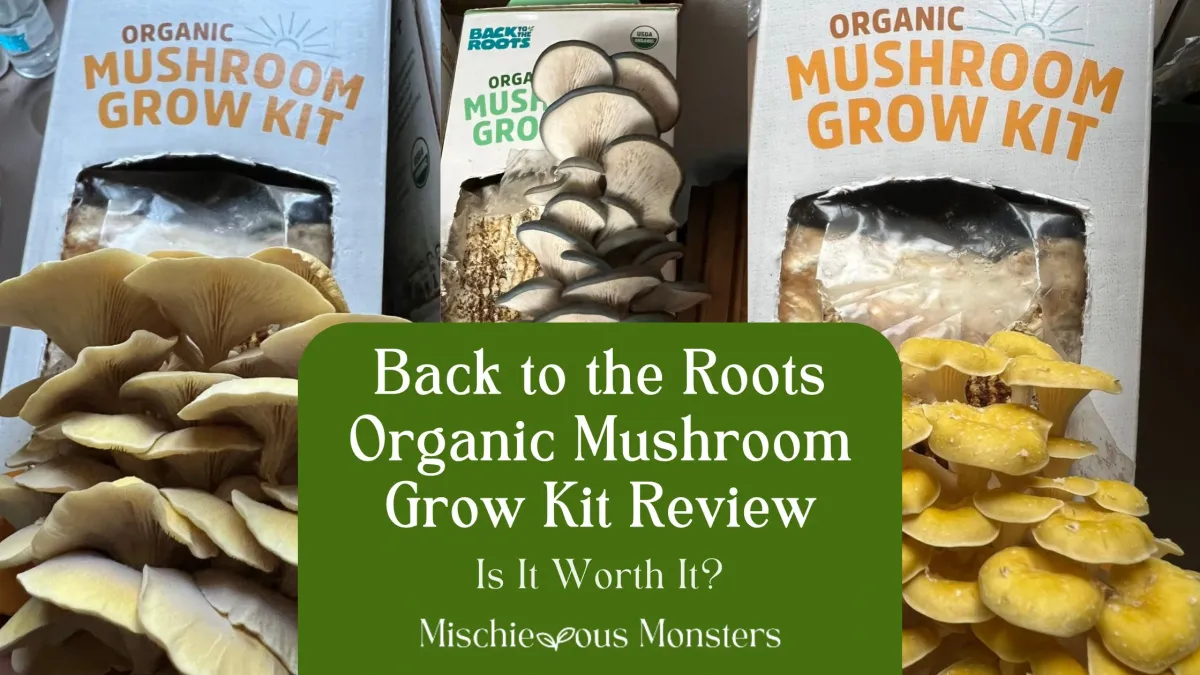
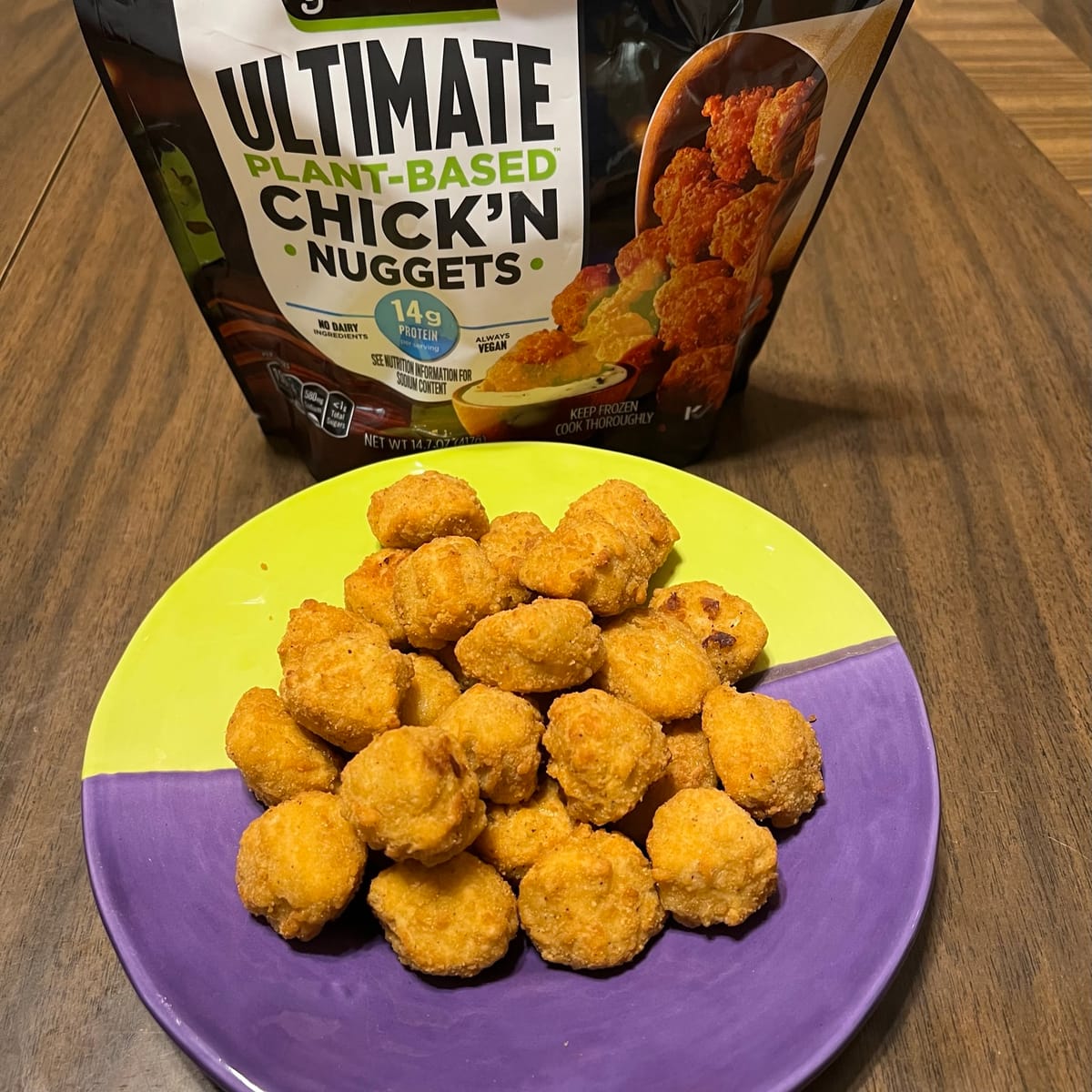
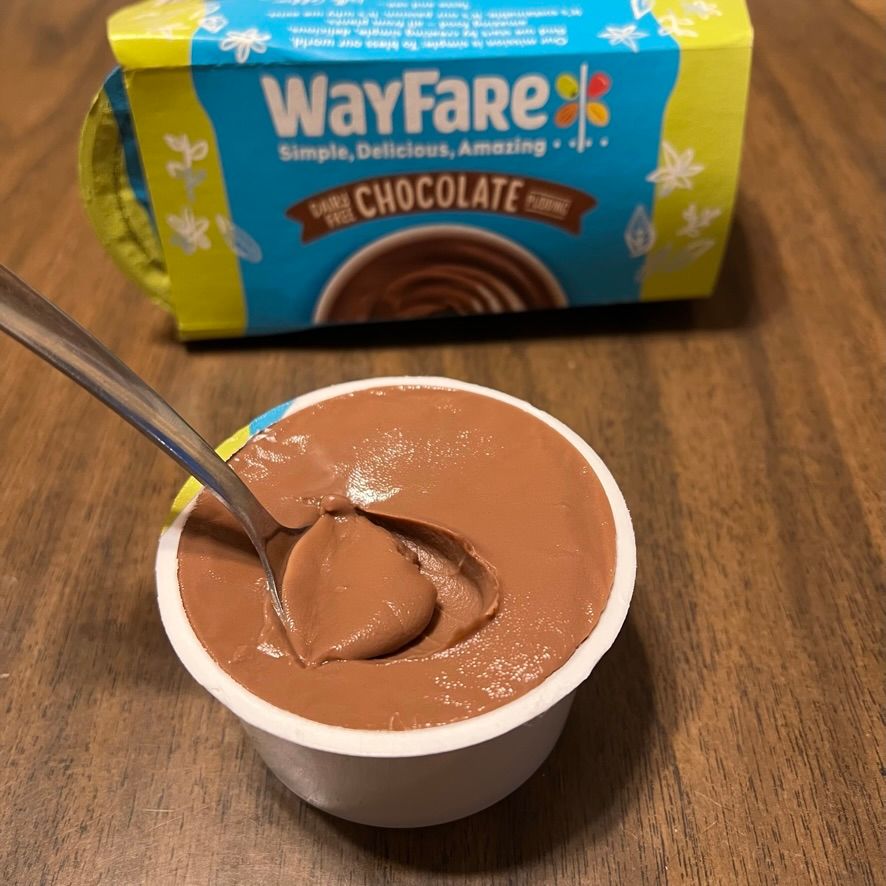
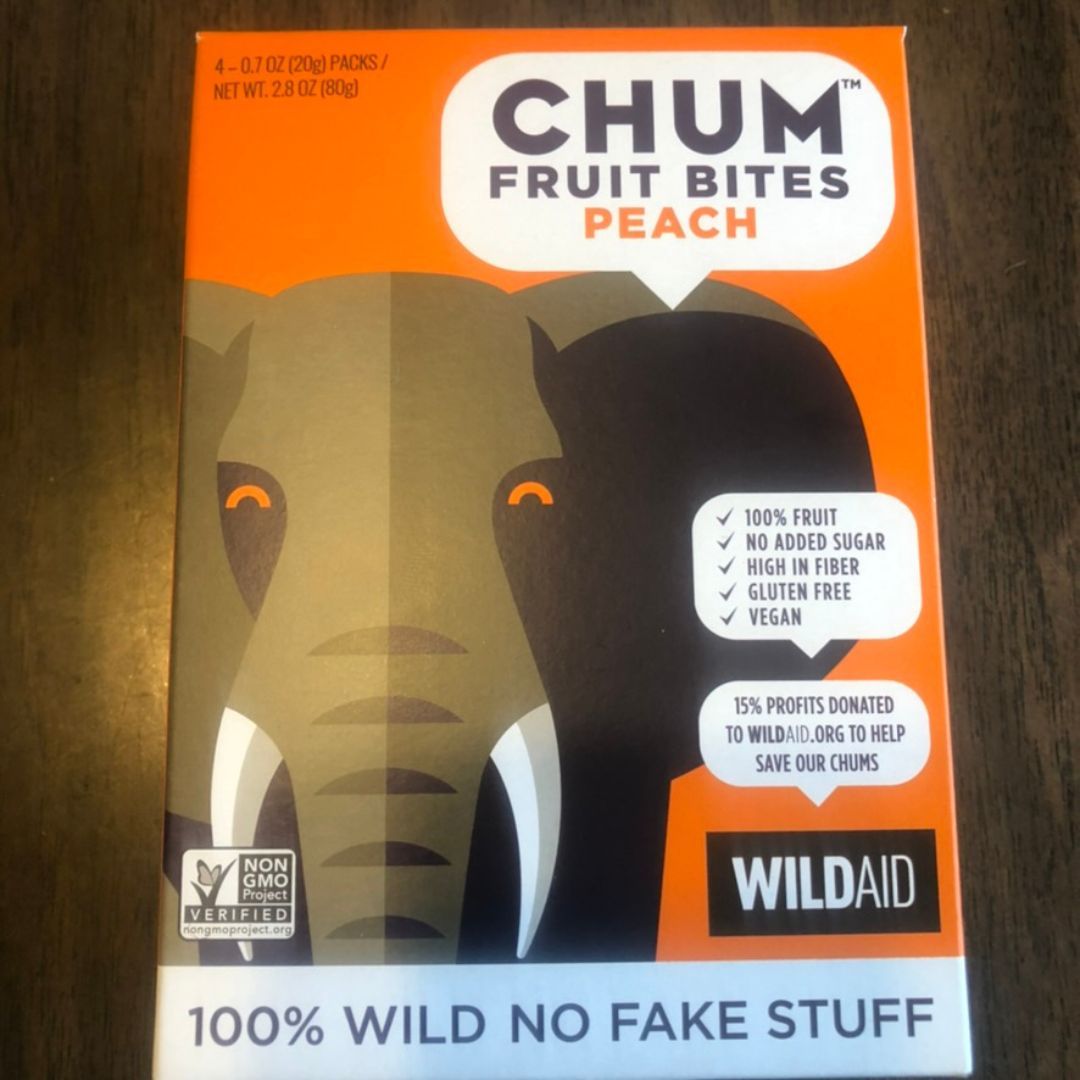
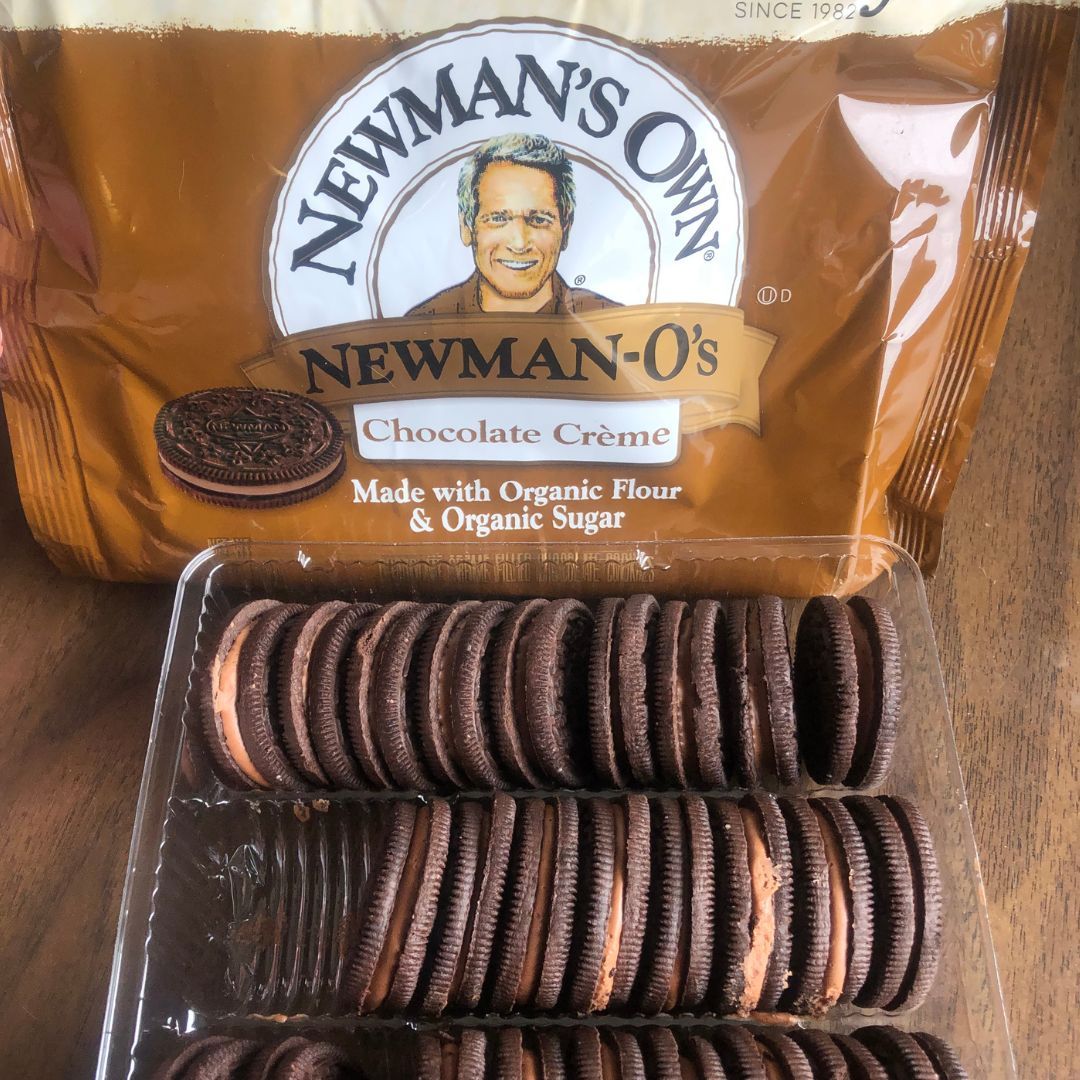

More Veganventures
